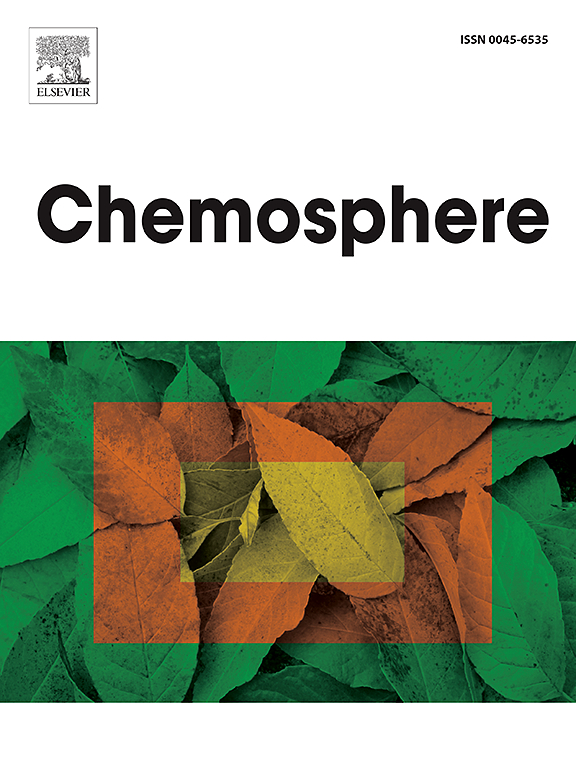对巴西生物柴油的温室气体排放的评估以及将生物燃料强制混合到商业柴油燃料中的影响
IF 8.1
2区 环境科学与生态学
Q1 ENVIRONMENTAL SCIENCES
引用次数: 0
摘要
许多国家已经采取了提高生物柴油生产的举措,旨在促进国内生物燃料生产和减少温室气体净排放。巴西国家能源政策委员会(CNPE)实施了一项政策,要求将生物柴油混合到商业柴油中,从2023年4月开始,比例为13%,到2026年增加到15%。一个关键问题是,这项政策能在多大程度上减少温室气体的排放。为了解决这个问题,我们计算了巴西生产的生物柴油的平均碳强度(CI),使用的数据来自巴西生物燃料碳信用计划(RENOVABIO)认证的生物柴油生产商。我们发现,生产每百万焦耳生物柴油平均产生21.58克二氧化碳当量。与纯柴油相比,它至少减少了75%。此外,我们的估计表明,强制性的生物柴油混合可以在2023年至2030年之间防止至少1.7亿吨二氧化碳当量的排放。我们预计,这项研究的结果将为强制性生物柴油混合对巴西温室气体减排的影响提供有价值的见解。本研究开发的方法可以应用于评估其他地区生物柴油生产的影响。本文章由计算机程序翻译,如有差异,请以英文原文为准。

Evaluation of the greenhouse gas emissions of the Brazilian biodiesel and the impact of the mandatory blending of the biofuel into commercial diesel fuel
Many countries have undertaken initiatives to enhance biodiesel production, aiming to boost domestic biofuel production and reduce net greenhouse gas emissions. The National Brazilian Council of Energy Policies (CNPE) has implemented a policy mandating blending biodiesel into commercial diesel fuel, starting at 13% in April 2023 and increasing to 15% by 2026. A key question is how much this policy can reduce greenhouse gas (GHG) emissions. To address this, we calculated the average carbon intensity (CI) of biodiesel produced in Brazil, using data from biodiesel producers certified under the Brazilian program for biofuel carbon credits (RENOVABIO). We found an average of 21.58 g of carbon dioxide equivalent per megajoule of biodiesel produced. It represents at least a 75% decrease compared to pure diesel fuel. Also, our estimates suggest that mandatory biodiesel blending could prevent the emission of at least 170 million tonnes of carbon dioxide equivalent between 2023 and 2030. We anticipate that the findings of this study will provide valuable insights into the impact of mandatory biodiesel blending on GHG reduction in Brazil. The methodology developed in this study could be applied to assess the effects of biodiesel production in other regions.
求助全文
通过发布文献求助,成功后即可免费获取论文全文。
去求助
来源期刊

Chemosphere
环境科学-环境科学
CiteScore
15.80
自引率
8.00%
发文量
4975
审稿时长
3.4 months
期刊介绍:
Chemosphere, being an international multidisciplinary journal, is dedicated to publishing original communications and review articles on chemicals in the environment. The scope covers a wide range of topics, including the identification, quantification, behavior, fate, toxicology, treatment, and remediation of chemicals in the bio-, hydro-, litho-, and atmosphere, ensuring the broad dissemination of research in this field.
 求助内容:
求助内容: 应助结果提醒方式:
应助结果提醒方式:


